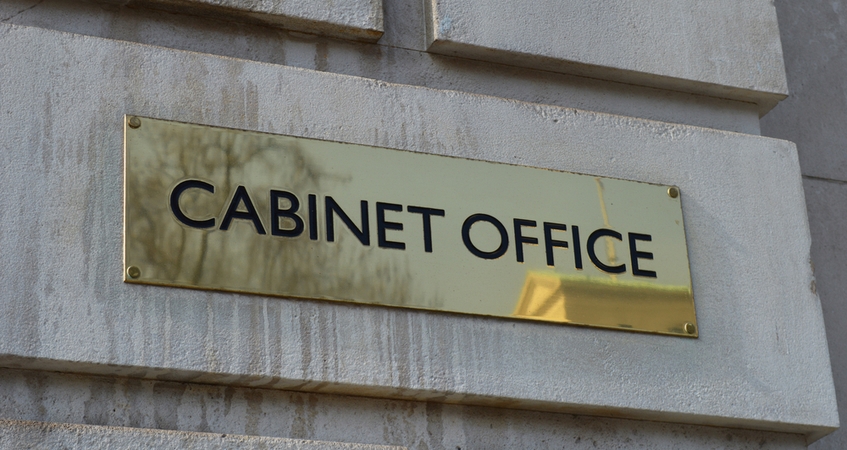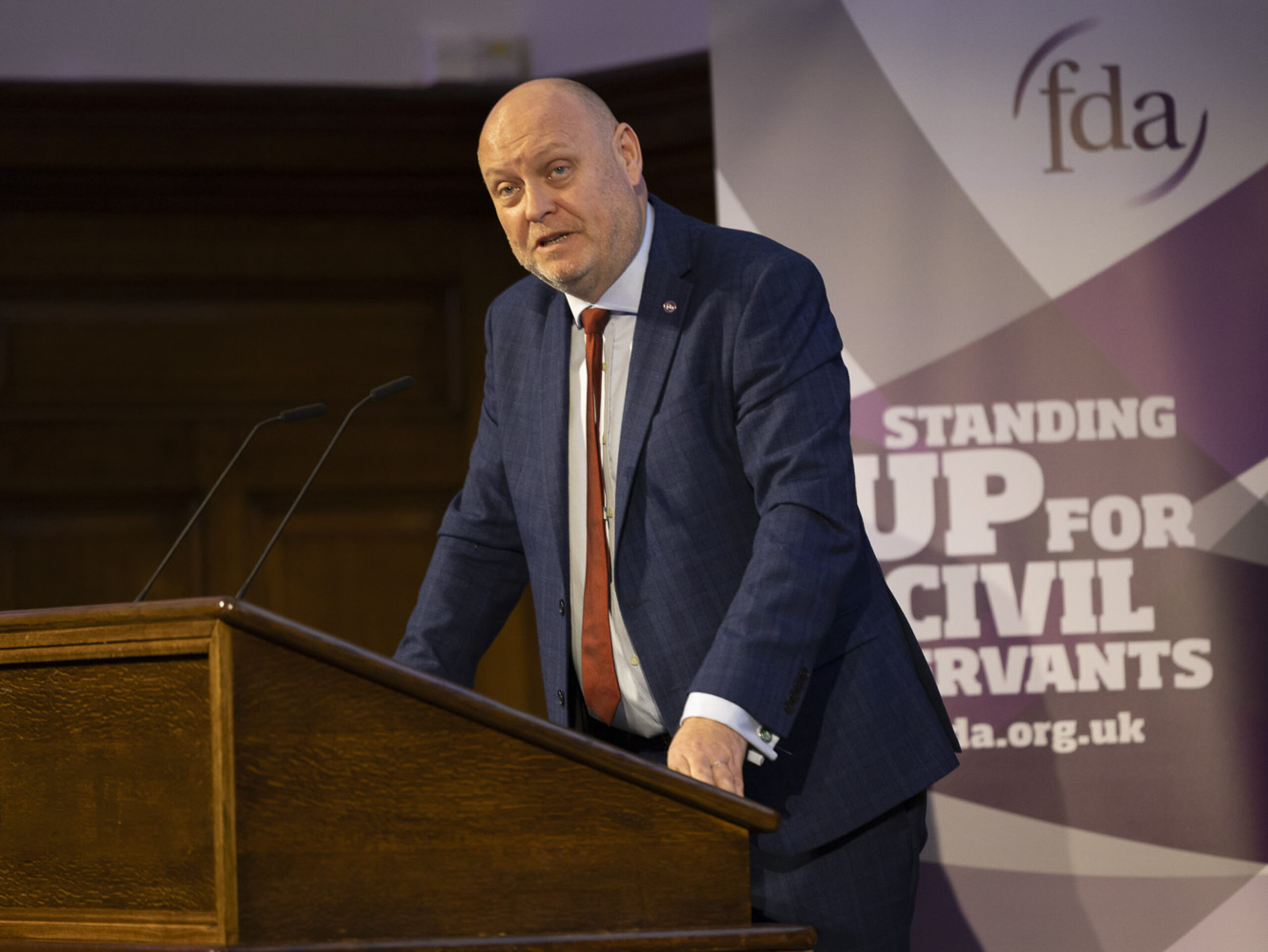June pensions update

Assistant General Secretary discusses the latest developments in the world of civil service pensions.
Potential pension scheme improvements on hold
The Government has suspended the process which should have seen direct improvements to pensions benefits and a reduction in members’ pension contributions.
Public sector pension schemes, including Alpha in the civil service, were set to be improved following an under-spend (arising from a breach of the cost-cap mechanism) which was available for distribution in the form of additional benefits to scheme members.
In the 2011 public sector pension schemes negotiations, the FDA pushed the Government into making a concession to the trade unions, which was to introduce a cost floor as well as a cost cap to the mechanism.
This means that if the cost of any of the public sector schemes goes above the cost cap, the benefits provided in the scheme are reduced for future accrual. Likewise, the benefits are improved in the event that the costs fall below the cost floor.
The first valuations indicated that the schemes had fallen below the cost floor, and therefore preparations were made to start the process of improving the benefits in the schemes from April 2019.
The pause to the cost cap mechanism process is due to the Judges and Firefighters (McCloud and Sargeant) judgements, which the Government is seeking leave to appeal. If the government loses its appeal, all public sector schemes will need to review the remedy for each scheme, but the Treasury has already implied that it will look to use the underspend to offset the estimated £4bn that losing the case will cost.
The Treasury is awaiting the Supreme Court’s decision on permission to appeal the Court of Appeal decision in the McCloud/Sargeant litigation, and if the outcome leads to implications for public sector pensions scheme, it will lead the approach to the development and implementation of a remedy.
The TUC has convened a meeting of public sector unions to discuss the ‘pause’ and impact of this Treasury announcement and a meeting has been arranged between the TUC and the Chief Secretary to the Treasury, Liz Truss.
2019 pension contributions
The suspension of the cost cap process meant that a remedy to the cost cap breach could not be in place before 1 April 2019.
The FDA – along with the other civil Service trade unions – objected to the Government’s consultation to continue with the current Scheme contribution level, given the fact that the Pensions Scheme Advisory Board (SAB) had agreed a set of recommendations to put to the Minister. The FDA has argued strongly that the interim ‘roll forward’ position must apply for the shortest possible time, to ensure it is taken fully into account as part of the final remedy position.
However, on 7 March 2019, the Government wrote to the unions stating it was disappointed to be unable to reach agreement with us on the proposed amendments to the legislative amendments to pension scheme rules, but had laid the legislative amendments on 11 March.
The 2018/19 scheme member contribution rates and thresholds now apply unchanged from 1 April 2019, pending a settled position on the cost cap breach and remedy.
Employee pension contribution rates from 1 April 2019
| Annualised rate of pensionable earnings |
Member contribution rate |
| £0 to £21,636 | 4.60% |
| £21,637 to £51,515 | 5.45% |
| £51,516 to £150,000 | 7.35% |
|
£150,001 and above |
8.05% |
What do the potential scheme improvement recommendations looks like?
The FDA represents the interest of our members on the Scheme Advisory Board (SAB).
The FDA pushed for the use of a blended approach to the underspend in considering the SAB recommendations for scheme improvements to the Minister. Quite rightly, the SAB has recognised that civil servants have been subject to several years of pay freezes followed by below inflation pay rises and last year, had lower pay increases than all other parts of the public sector.
The SAB’s view states that scheme members would gain most value from an immediate effective increase to their take-home pay and that in a straight choice between member contributions and pension benefits, it would favour the entirety of the cost cap remedy being achieved through a reduction in member contributions. However, it also recognises that remedying the whole of the breach through member contributions may be difficult for the Government to agree.
In March, the SAB submitted a series of recommendations to the Minister to take the cost cap rectification process as far as it can possibly go under the current suspension. They include:
- a reduction of member contributions;
- reform of the current contribution rate structure; and
- increased death benefits.
For more detail on the potential scheme improvement recommendations, members can email pensions@fda.org.uk.
Obviously, these currently remain as recommendations to the Minister and in light of the ‘pause’, there is some way to go before FDA members have clarity about whether these recommendations will be implemented or not.
The FDA will continue to represent the best interest of our members in what is looking like will be a difficult period for public sector pension schemes over the next 12 months.
Related News
-

FDA secures 6.41% pay increase for Fast Streamers
The FDA’s Fast Stream members have voted to accept a pay award for 2025-26 with a 6.41% increase for second year salaries. The deal has been agreed under the Cabinet Office’s annual pay remit guidance process for the first time.
-

Civil service pay award demonstrates government has “failed to grasp the nettle of fundamental reform”
The government has published its Civil Service Pay Remit Guidance alongside a Written Ministerial Statement confirming the government’s decision to accept the recommendations of the SSRB.
-

ADC 2025: Penman says civil servants are “hungry for reform”
At the union’s Annual Delegate Conference delegates heard from guest speakers FDA General Secretary Dave Penman, journalist Lewis Goodall, and Cabinet Office minister Georgia Gould.